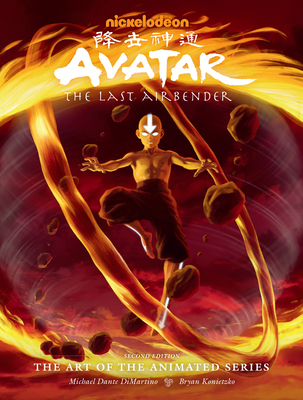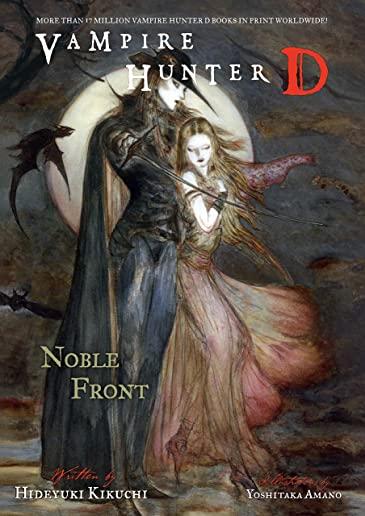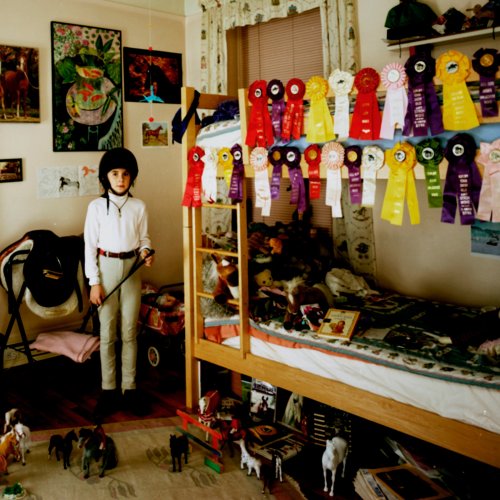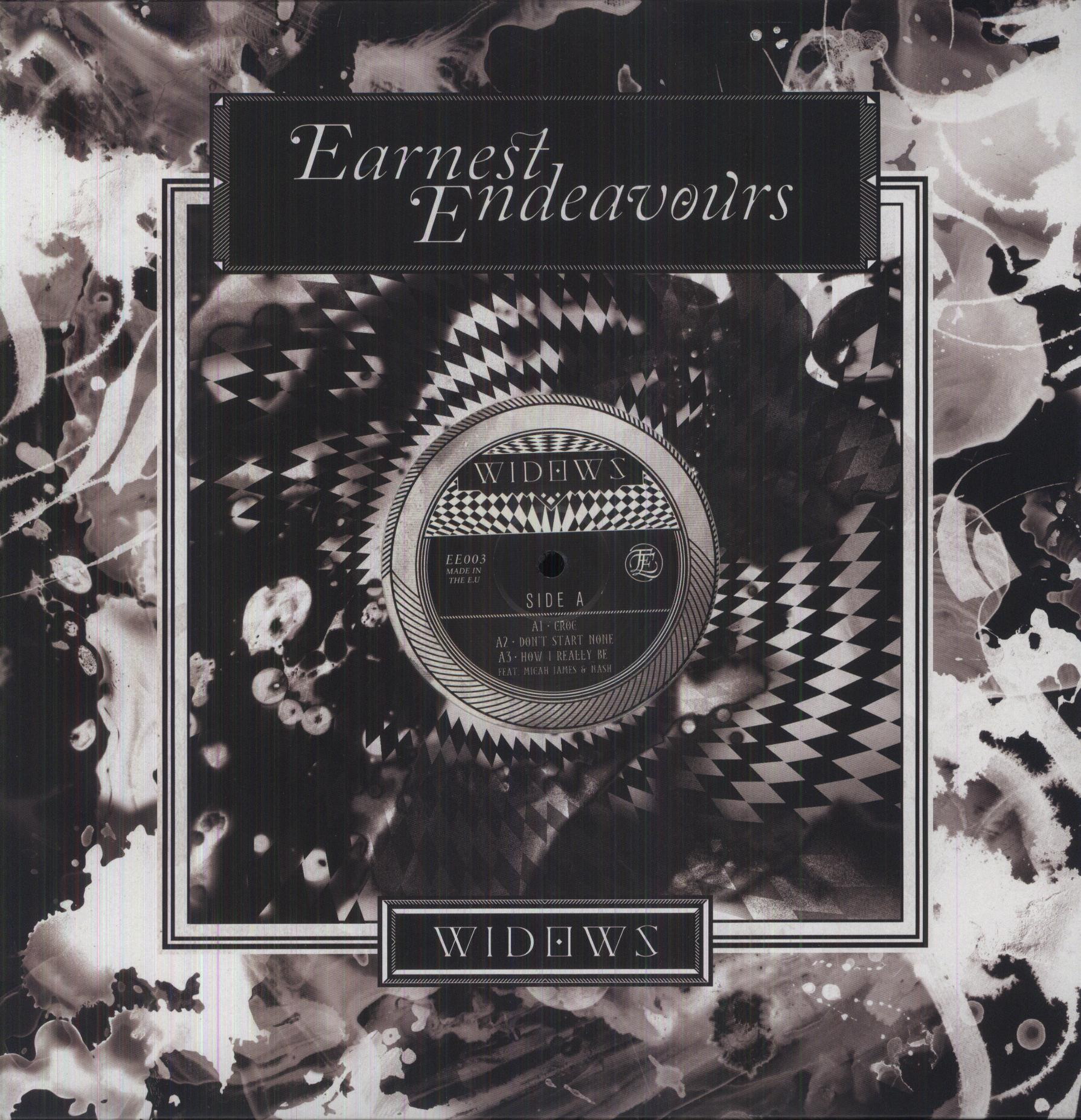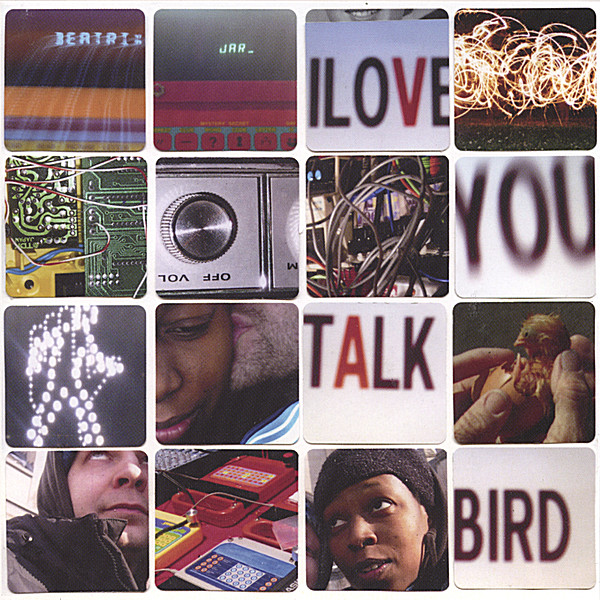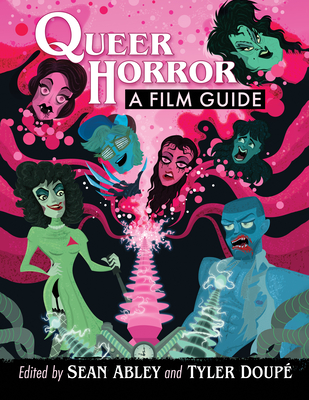
description
een part of the cinema landscape. Despite some of the earliest genre films with gay directors such as F.W. Murnau (Nosferatu) and James Whale (Frankenstein, The Invisible Man, Bride of Frankenstein), LGBTQIA characters have rarely been portrayed in full view. For decades, filmmakers have included "coded" content in their films with the homosexual experience translated into censor-friendly subtext for consumption by general audiences. Gradually, LGBTQIA characters and themes have moved from the background to the foreground as the horror genre has grown along with its audience's tastes and attitudes. Likewise, more and more LGBTQIA writers and directors have begun to offer their queer-centric takes on scary movies and today, "queer horror" is a thriving film genre.
With more than 900 entries, this critical filmography is a comprehensive, critical, yet playful examination of the history of LGBTQIA content in horror films. Eight journalistic contributors dig into every era of scary movies, including the early silents, pre- and post-Hays Code content, grindhouse sleaze, LGBTQIA indies, and megaplex studio releases. From Whale's The Old Dark House (1932) to Don Mancini's Chucky films and everything in between, this collection explores what can be found at the intersection of "LGBTQIA" and "horror" in the film industry.
member goods
No member items were found under this heading.
Return Policy
All sales are final
Shipping
No special shipping considerations available.
Shipping fees determined at checkout.
